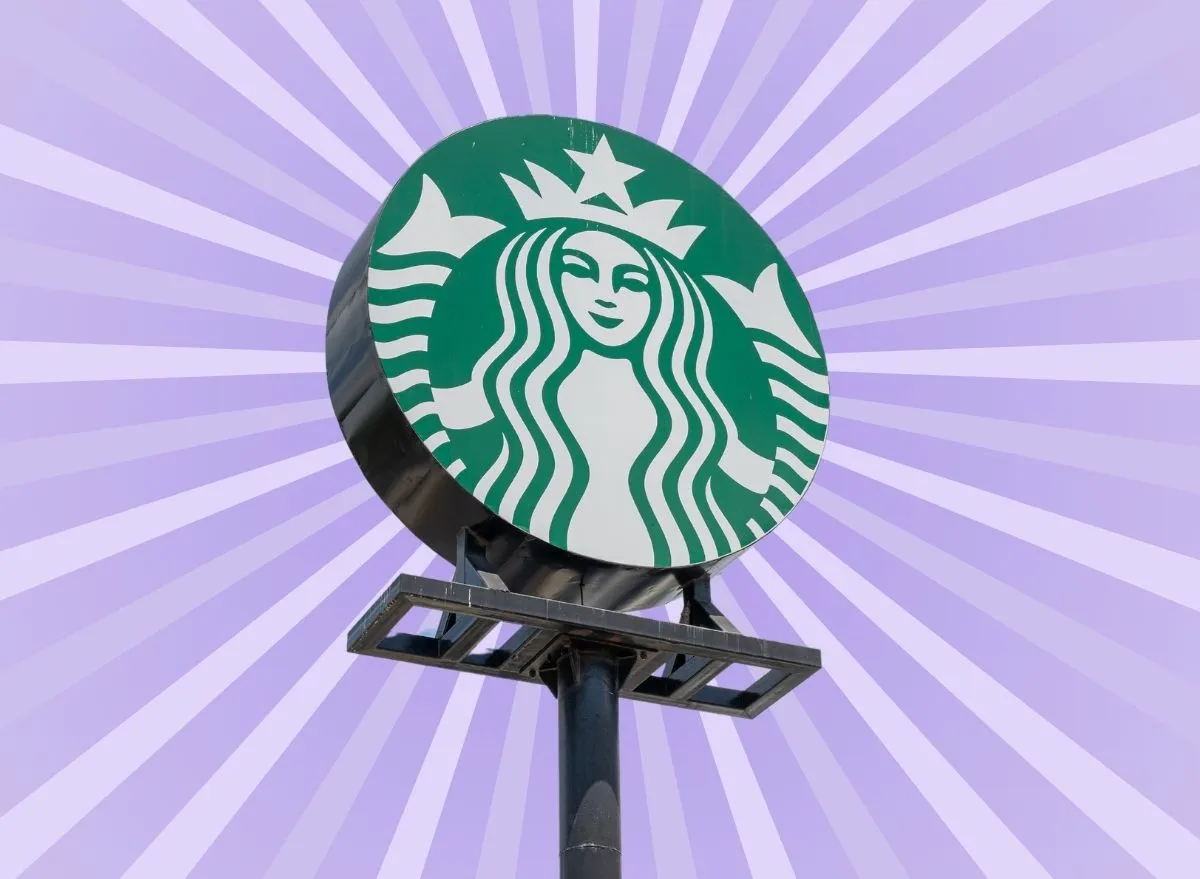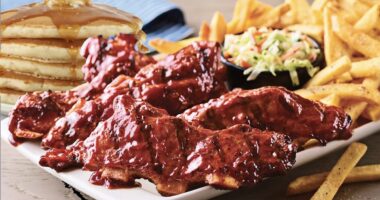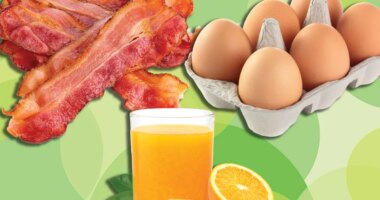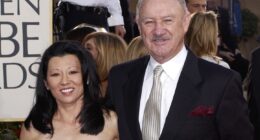Many Starbucks customers—including actress Alicia Silverstone—have complained over the years about the chain charging extra for a simple drink substitution. But after a recent major leadership switch-up, the coffee giant is finally eliminating that unpopular upcharge.
Starbucks just announced that it’s eliminating the extra charge for non-dairy milk. The change will take effect on Nov. 7, the same day that Starbucks’ highly anticipated 2024 holiday menu will launch.
“Core to the Starbucks experience is the ability to customize your beverage to make it yours. By removing the extra charge for non-dairy milks we’re embracing all the ways our customers enjoy their Starbucks,” CEO Brian Niccol, a former Chipotle chief executive who took on the Starbucks role in September, said in a statement.
Many Starbucks drinks come with classic cow’s milk by default. Customers are able to swap in almond milk, coconut milk, oat milk, or soy milk as non-dairy alternatives—but doing so will cost them more.
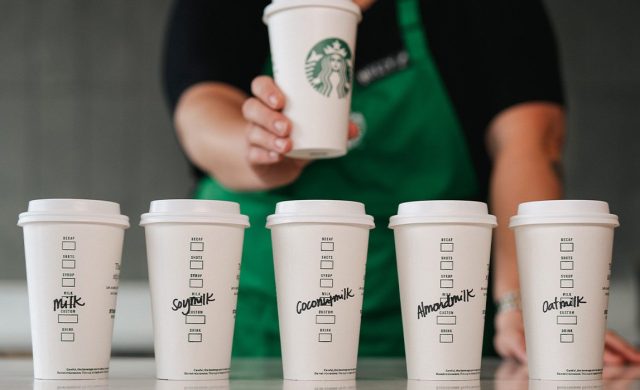
A Caffè Latte at my local Starbucks in central New Jersey, for example, costs $5.25 when I order it with no substitutions. But swapping the 2% milk it comes with for oat milk tacks another 70 cents onto my bill.
According to Starbucks, substituting non-dairy milk in beverages is the second most requested customization from customers. (For the record, adding a shot of espresso is the most requested customization of all). This means that tons of Starbucks customers have been shelling out extra for their non-dairy milk swaps. However, once the upcharge is gone next month, Starbucks customers who previously paid to substitute alternative milk could see more than 10% knocked off their bills.
The news is already inspiring some major buzz within the Starbucks fanbase.
“My lactose intolerant gut and wallet are SO happy!” a customer wrote on Reddit.
“Thank goodness!!!!!! As a lifelong person who can’t have dairy without awful consequences, I am so happy,” another commented.
The non-dairy milk upcharge is one of several major changes taking place under Niccol’s leadership, who was brought in to help revive the coffee giant following two straight quarters of sales declines. Niccol is also pulling back on discounting, simplifying the menu (farewell, Oleato), trying to reestablish the chain as a “community coffeehouse,” and placing a heavy emphasis on delivering accurate, timely orders.
“The strategy is, simply put, just making a couple powerful choices, and then we’ve got to execute like crazy,” Niccol said during an internal company forum in September, per the Wall Street Journal.
Zoe Strozewski

